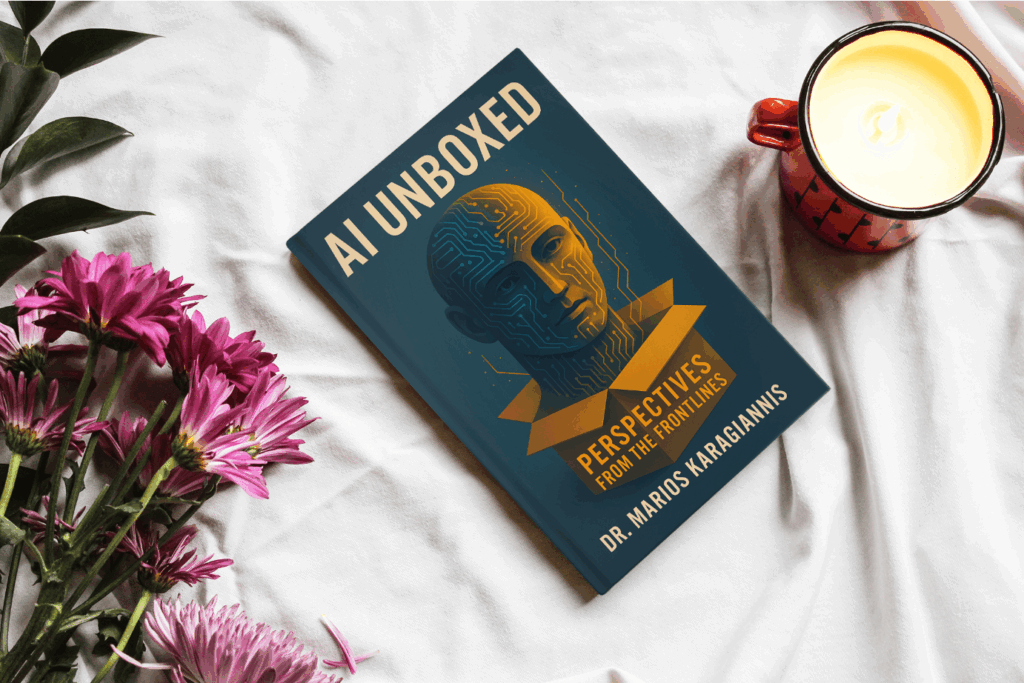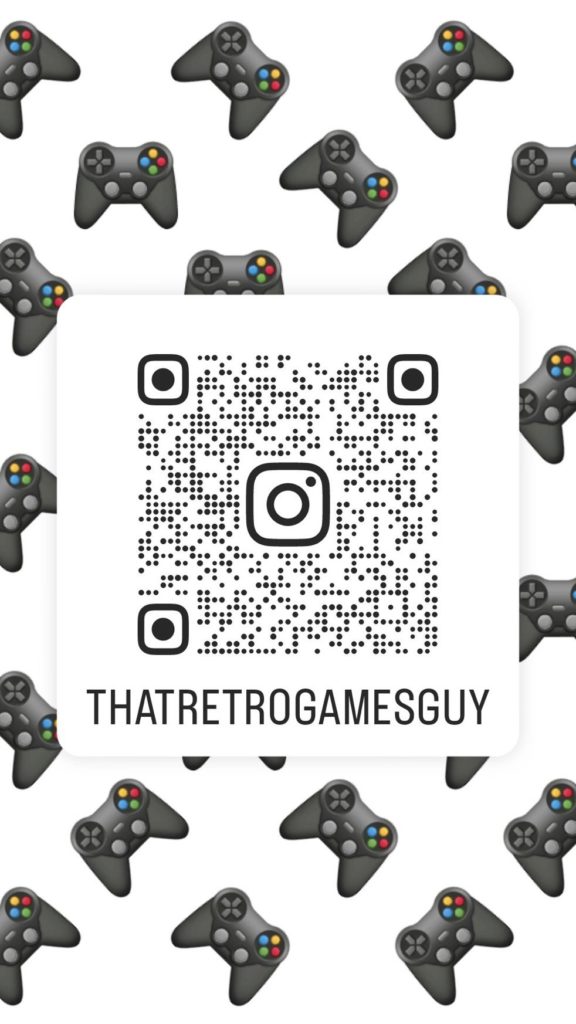You’ve spent money, set up campaigns, targeted the right demographics, and even saw some clicks. But the numbers just don’t add up. Where’s the return on investment (ROI) you were promised? If your mobile advertising efforts are falling flat, you’re not alone, and there are a few key reasons why.
You’re Measuring the Wrong Metrics
Clicks and impressions are nice, but they’re not the same as conversions or lifetime value. Many advertisers fall into the trap of optimizing for vanity metrics. A user might click your ad, but if they don’t take meaningful action (like making a purchase or signing up), your ROI remains zero.
Fix: Align your metrics with your actual business goals. Look at cost per acquisition (CPA), return on ad spend (ROAS), and user lifetime value (LTV) to get a clearer picture.
Your Creative Isn’t Built for Mobile
Mobile users scroll fast, bounce easily, and expect everything to work flawlessly. If your creative looks like it was repurposed from desktop, or if your message doesn’t grab attention in the first 2 seconds, you’ve already lost them.
Fix: Design with mobile-first principles. Use vertical formats, short punchy copy, and eye-catching visuals that load quickly and clearly convey your value proposition.
You’re Targeting Too Broad (or Too Narrow)
Precision targeting is a double-edged sword. Too broad, and you’re wasting impressions on people who will never convert. Too narrow, and you’re missing out on potential segments.
Fix: Use A/B testing to refine your audience, and leverage lookalike audiences or interest-based targeting to find the sweet spot. Don’t set and forget, optimize regularly based on performance data.
Poor Post-Click Experience
You’ve convinced a user to click. Great. But what happens next? If your landing page or app store page is slow, confusing, or doesn’t align with the ad message, you’ve just thrown money away.
Fix: Ensure your landing page loads fast, looks great on mobile, and matches the intent of the ad. Eliminate friction in the conversion process and test different layouts and calls to action.
Lack of Retargeting and Follow-Up
Most users won’t convert on the first interaction. If you’re not retargeting users who showed interest, you’re leaving money on the table.
Fix: Implement retargeting campaigns to re-engage users who clicked but didn’t convert. Pair this with compelling creative that nudges them to return and take action.
Underutilizing Data and Attribution Tools
If you don’t know what’s working, how can you scale it? Many advertisers underinvest in analytics or use outdated attribution models that don’t reflect the customer journey.
Fix: Invest in proper attribution tools and mobile measurement partners (MMPs). Understand which channels and touchpoints contribute to conversions, and reallocate budget accordingly.









